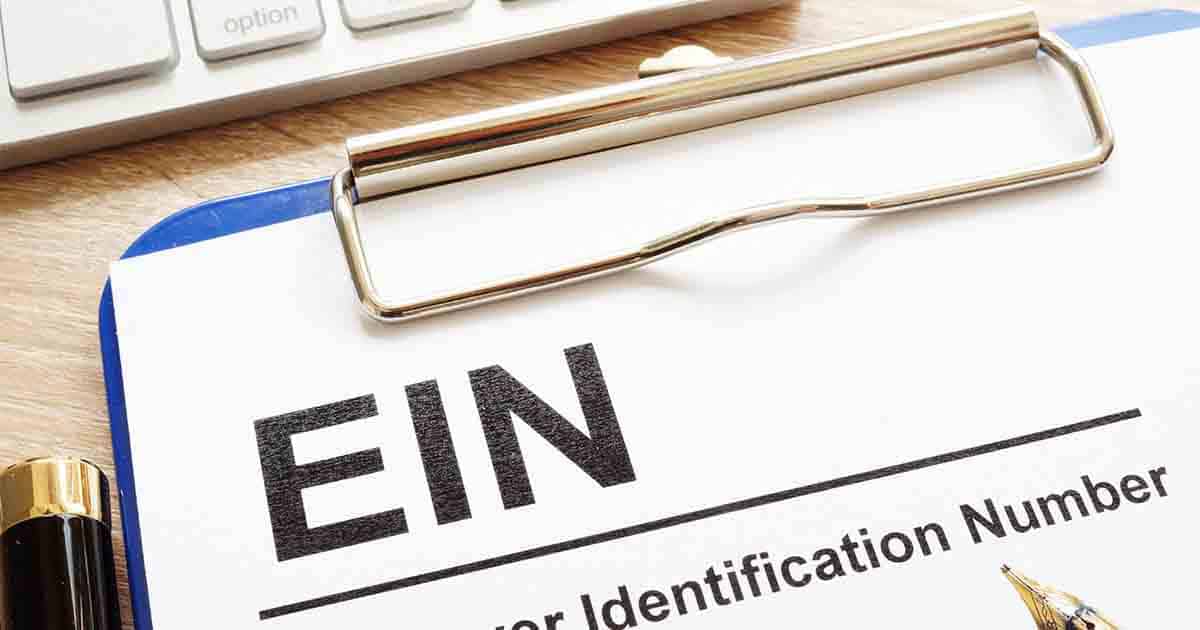When creating a revocable living trust, many people ask: do I need a Tax Identification Number (TIN) or Employer Identification Number (EIN) for the trust?
The answer depends on the type of trust and whether the original grantor is still living. Here’s what you need to know.
Revocable Living Trusts Usually Don’t Need a Separate EIN
If you’re setting up a revocable living trust (also called a living trust), and you’re the grantor (creator) and trustee, the IRS treats the trust as a “grantor trust.” That means:
- You can use your Social Security Number (SSN) for tax purposes.
- The trust’s income is reported on your personal tax return (Form 1040).
- The trust doesn’t need to file a separate tax return while you’re alive.
In short: no EIN required while the trust is revocable and you’re still living.
When Does a Trust Need Its Own EIN?
A living trust will need its own EIN in certain situations:
1. After the Grantor’s Death
Once the grantor dies, a revocable trust becomes irrevocable. At that point:
- It must obtain a new EIN from the IRS.
- It becomes a separate tax entity.
- The trust will file its own IRS Form 1041 to report income.
The trustee (often a successor trustee) is responsible for applying for the EIN and filing tax returns on behalf of the trust.
2. If the Trust Is Irrevocable from the Start
Some trusts are irrevocable from the moment they’re created. These trusts always require a separate EIN because they’re legally and financially independent from the grantor.
Irrevocable trusts have different tax rules and reporting requirements, and should be handled carefully with the help of an estate planning attorney.
How to Get an EIN for a Trust
Getting an EIN is straightforward. The trustee can:
- Apply online through the IRS website
- Submit Form SS-4 by mail or fax
You’ll need basic information about the trust, including the name, date created, and trustee’s information.
Why It Matters
Using the correct Tax ID ensures:
- Proper reporting of trust income
- Avoiding IRS issues or delays
- A smooth transition when the trust becomes active after death
Failing to update the EIN after death or using the wrong ID number can result in penalties or tax problems for beneficiaries.
Need Help With a Trust or EIN in Georgia?
At Hurban Law, LLC, we help clients create and manage trusts that protect their assets and simplify the legal process. Whether you’re forming a new trust or acting as a trustee after someone’s death, we can help you handle EINs, taxes, and everything else that comes with trust administration.
Contact us today for help managing your living trust the right way.





